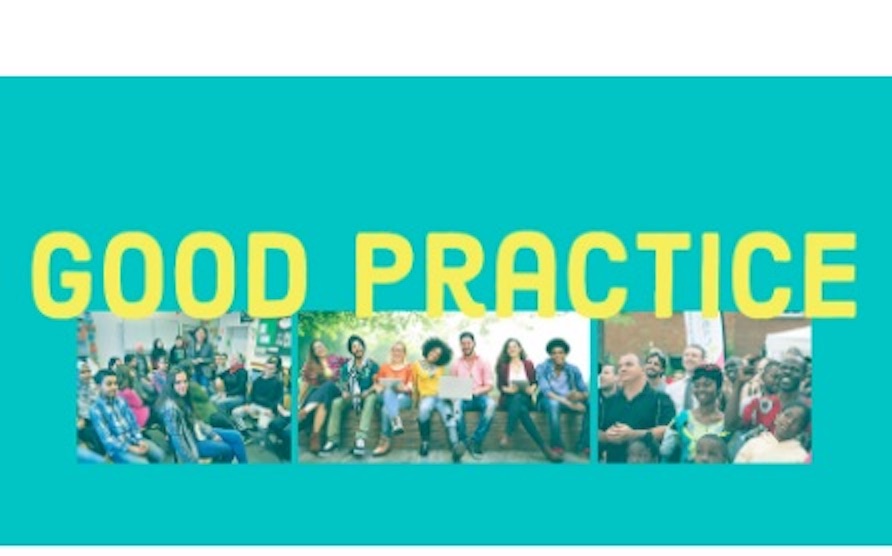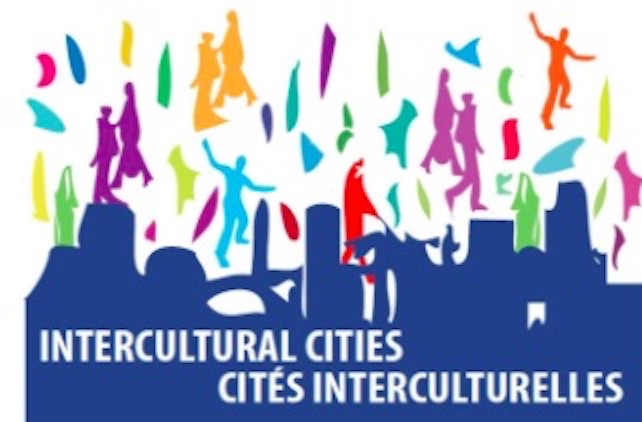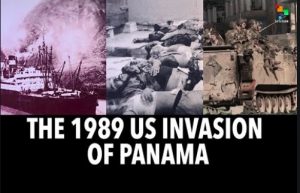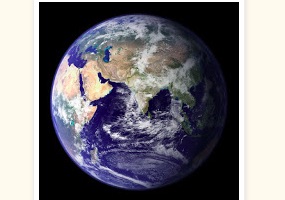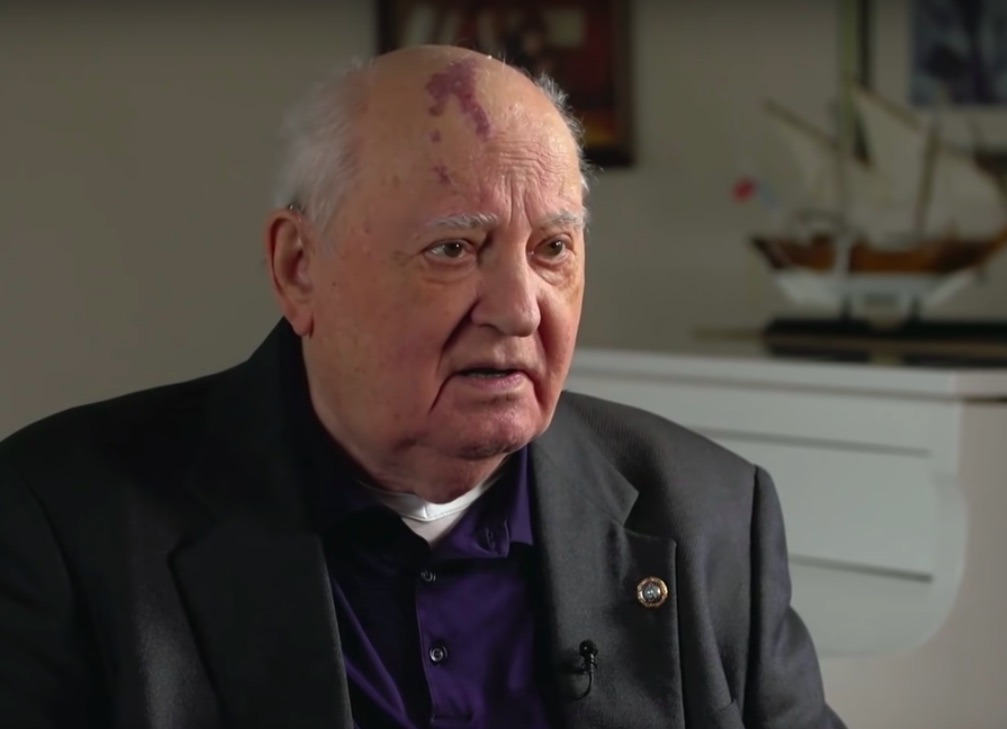TOLERANCE & SOLIDARITY .
An editorial on April 9 in Transcend Media Service (Editorials and articles originated on TMS may be freely reprinted, disseminated, translated and used as background material, provided an acknowledgement and link to the source)
We, as a human family, are living in extraordinary times but must not be afraid. Many people are traumatized as they face the shock and pain of a new virus called Corona Covid 19, which is spreading rapidly around the world, snatching the lives of loved ones.
The virus has forced scientists and health care experts in laboratories around the world to work for a life-saving vaccine. In the meantime, medical experts and political leaders are cooperating to face the challenges, both personally and collectively, to deal with this pandemic. The new virus has changed the world we live in literally overnight and even though it will pass in time, things will never be the same. We have been told by health officials, scientists and government leaders to stop shaking hands, self-isolate, stay at home, and in some cases whole cities are in lockdown to help stop the spreading of this disease. To all those who have lost loved ones, I express my deepest sympathy and to those suffering sickness my prayers go out to you.
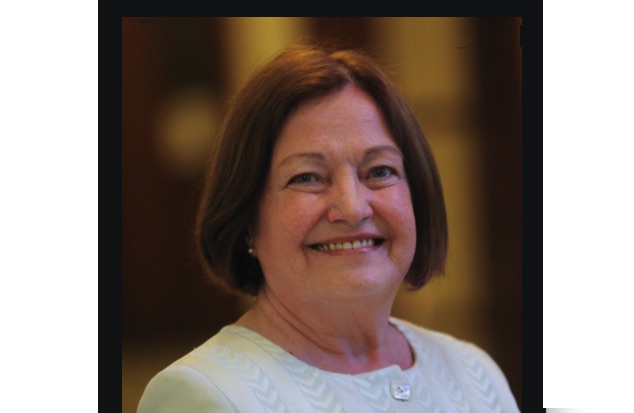
We are all inspired and give thanks to health workers putting their own lives at risk on the front lines, doing their duty with love, and taking care of the sick and dying in societies all over the world. We can NEVER thank enough the carers in the British National Health Service for their sacrifice (many have died) in the service of others. I am sure the best way to thank the carers and the NHS is for us all to demand that governments throughout the world put their citizens’ health care on top of government policies in ‘Health Budgets’.
If this virus has done anything, it has reminded us that we are only human and very vulnerable; we need each other to survive and thrive. If anything, this virus hopefully will cement the opinion that we are All One, brothers and sisters; what affects one affects all. Hopefully, it will create a greater sense of community and solidarity within the human race in addition to respect for each other, for nature and the universe. We will become more aware that we are interconnected, interdependent, cooperation and solidarity being key to human and environmental survival. We have seen countries that have shown great compassion towards others and a willingness to help other nations. This may be our greatest hope and foundation to build upon for more cooperation.
But it is with great sadness that we watch the build-up of military forces and increased isolation and destruction by some of International Treaties such as Nuclear Non-proliferation Treaty, Climate Change Agreements, and Universal Declaration of Human Rights, etc.
However, we can take inspiration and get hope from countries such as China, Russia, and United States, cooperating to fight Covix 19. This hopefully is a foundation where Superpowers can work closer together. It is only with cooperation and solidarity that the human race will defeat the virus as we have many challenges ahead such as food shortages, global warming, pandemics, ethnic conflicts, but leaders, people, settling up structures to share information, resources, across the globe can work will achieve great things for humanity.
(continued in right column)
How can we work together to overcome this medical and economic crisis?
Are economic sanctions a violation of human rights?
(continued from left column).
There should be no enmity between nations but rather a spirit of generosity and magnanimity across the globe; this is not only the right thing to do, but it is in all our interests that this virus be eradicated as soon as possible. Government policies of sanctions, militarism, nuclear weapons and war must be radically replaced by government policies that put their citizen’s health – both physical and mental – on top of the political agenda.
Government policies which are hampering their own and other countries ability to cope with Coronavirus should be changed immediately. The USA could lift sanctions placed on Iran, North Korea, Cuba, etc., and all 54 countries where these sanctions bring death and destruction to citizens, leaving their governments with no money for medicine and food or to help them cope with the coronavirus. For too long governments have squandered taxpayers’ money building military complexes and enforcing the West’s colonial system onto the developing world.
The USA spends over 600 billion on the military every year, and has 700 military bases around the world. The U.K. recently ordered three new nuclear submarines which are expected to cost around 60 billion pounds and yet we see the National Health Service facing a 15% budget reduction over the last ten years. For too long the taxpayers footed the bill for too many wars that have only served to enrich the elite at the top l% of our societies. We are told these wars are for our benefit but the poor get poorer while the rich get richer. Large corporations share the business, the assets and wealth seized in war and paid for by taxpayers who increasingly don’t see a share of the world’s wealth.
Through violence, sanctions and war, we export a version of colonialism to poorer countries forcing mass migration and poverty (including famine and starvation in some countries) in the developing/underdeveloped world. It is time we hold governments to account and put to bed our colonial past. Our civil societies need to question where is our tax money going. People of all countries need to unite to demand better governance, transparency and accountability from our political leaders and international organizations. Too long have we the people been divided; we need to unite and create a better, stronger human society that sees neighbour not as threats but as brothers and sisters.
Another policy to be changed is to cancel Third World debts, such as from Bangladesh, to help protect their country from flooding that would cause millions to flee to safety. The Secretary General has called for a Global Ceasefire (meaning governments and non-state fighters) to be observed in order to help governments to implement the UN Development Goals to be reached. He has offered his ambassadors and diplomatic core to help mediate peace agreements, etc.
This pandemic, among other causes, will force a recession. Government policies of putting the peoples’ tax money into bankers and the military industrial complexes, in many countries, have reached a tipping point and rightly people are demanding social equality and justice. It does not go unnoticed by the public everywhere that the bankers, corporations, and rich get the tax breaks and bailouts while the majority of people are left with no or low paid jobs (often two in a household working round the clock trying to survive without the basics of life). Capitalism does not work, the system is broken, and we are all challenged to build a system of real democracy that works for everyone.
Many will not survive COVID-19. There will be many families grieving for their loved ones, it will take a long time to recover, but a new consciousness has been born from this tragedy. We cannot go back to the old ways. We need a revolution of values from selfishness and greed to values of kindness, economic justice, empathy, compassion, equality and taking care of each other. We need to construct nonkilling, nonviolent societies built on forgiveness (which is the key to peace). Only by dedicating our lives to building such a world, can we build a monument of love to all those who have died and to all those on the front line of saving other people’s lives.
We are at a turning point in history of the human race. We can grasp this opportunity for change and build a civilization with a heart and give hope to millions. Let’s join together with the youth and take this quantum leap of faith and love into the future. Such a world is possible, there is hope for humanity. And in the words of the great English mystic, Julian of Norwich, let us believe that ‘All will be well; all manner of things will be well.’
